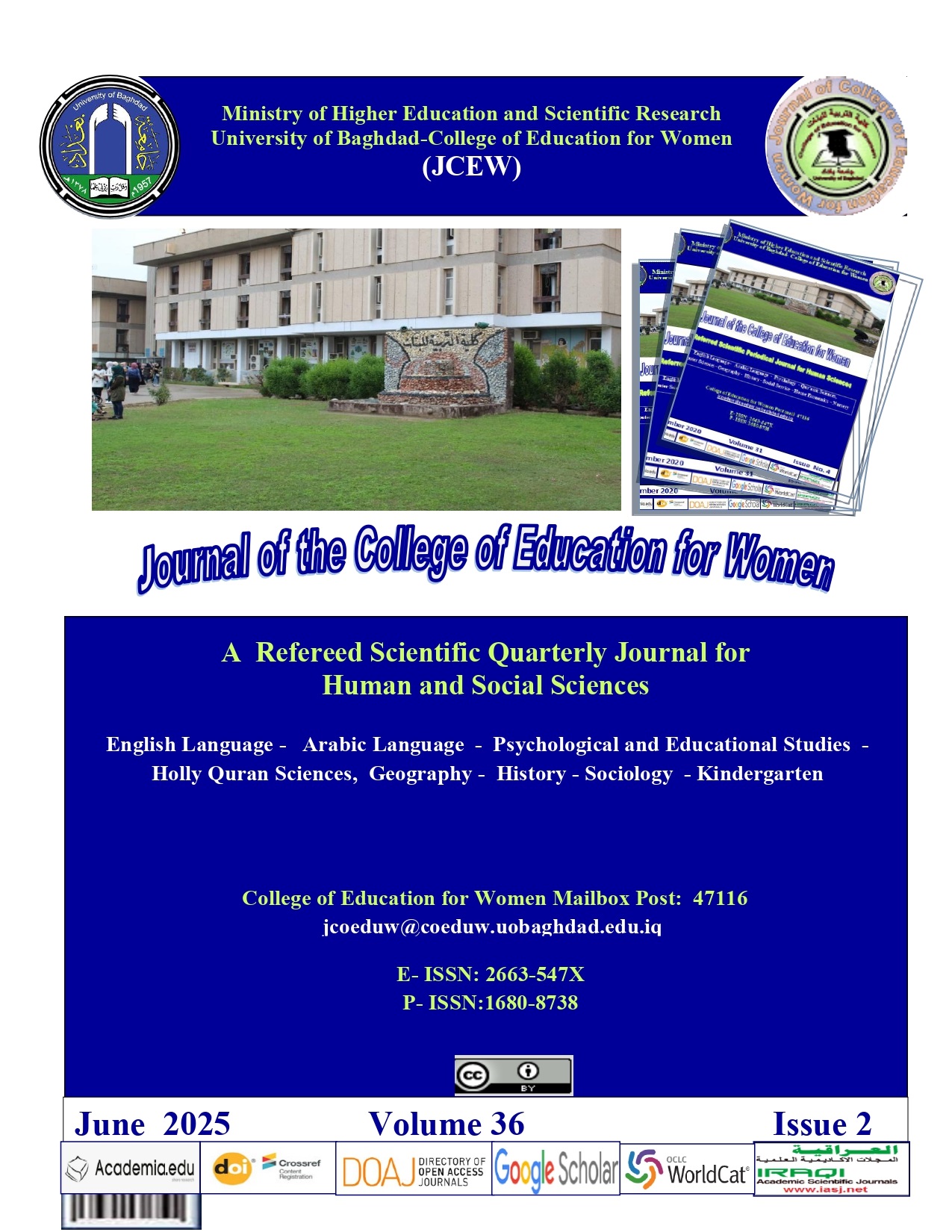Pragmatics of Gaslighting in Gillian Flynn’s Gone Girl
DOI:
https://doi.org/10.36231/coedw.v36i2.1818Keywords:
gaslighting, lies, love bombing, name-callingAbstract
Gaslighting is not a linguistic concept per se. Rather, it is a psychological manipulative tactic employed to affect self-esteem, generally speaking. This concept has sufficiently been treated within psychology, in the first place, along with sociology and medicine. Yet, very few linguistic studies have been conducted in this regard. Accordingly, this represents a gap in this field, in general, and pragmatics, in particular, the issue which this study aspires to handle. Using a qualitative approach, the paper aims to investigate the pragmatic strategies which realize gaslighting in the data taken purposefully from the novel entitled Gone Girl by Gillian Flynn. The significance of the study resides in shedding light on one of the hidden manifestations of hate speech which has, unfortunately, been invasive recently owing to the boom of technology. Among the most important conclusions is that gaslighting can be practiced on everyone without being aware of it. This can be of special importance in the age of adulthood of teenagers whose personality has not been fully shaped. That is why they can be a very good target for disseminating certain concepts through gaslighting. That’s why this concept should be given its due attention with the edificatory lectures on hate speech as it is a very risky strategy employed to achieve certain aims.
Downloads
Published
Issue
Section
License
![]()
All articles published in Journal of College of Education for Women are licensed under a Creative Commons Attribution 4.0 International License.











